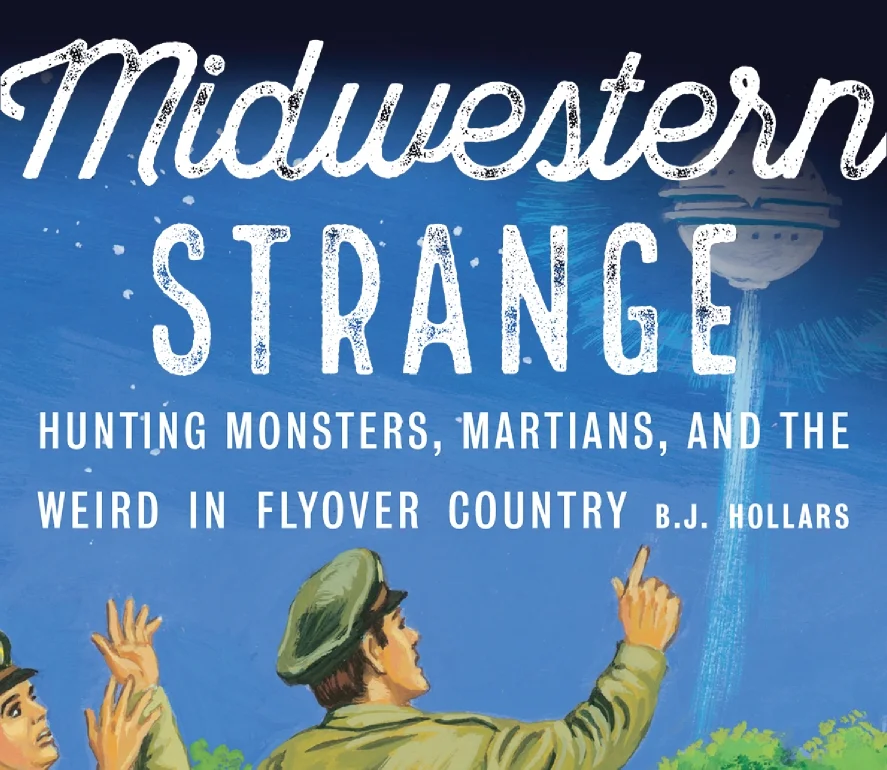Off The Clock
In July 2009, when General Electric announced it would soon be closing its Consumer and Industrial Kentucky Glass Plant in Lexington, 40-year-old John Dale Warnerdidn’t mourn for the job that had made him “hillbilly rich.” He didn’t consider the other gigs GE offered in Cincinnati, or the half-pay gigs at another plant in Lexington. He didn’t consider other jobs at all—not at first, anyway. Instead, he pictured wind in his hair. He pictured a distant horizon and an empty highway. He began to squirrel away as much as he could until the day the plant closed, and when it finally did, he collected his severance and, with a few good friends, revved up his Harley and hit the open road.
They traveled for 32 days: north through Michigan’s Upper Peninsula, down to Interstate 20 and west, west, west, on through Glacier National Park and Yosemite and Sequoia and Zion and every little nook and cranny in between. Warner absorbed the landscape as they drove—the big skies of Montana, the surf pounding the Oregon coast, the unexpected and overwhelming scent of garlic outside of Gilroy, California, the “Garlic Capital of the World.” He’d taken a few motorcycle trips before, but always with restrictions, with schedules, the end of the trip always nagging from the start. This time, he told himself, he wouldn’t rush for anything. If he wanted to stop in tiny Hiland, Wyoming—well, why not?
An unincorporated community one hour west of Casper, Hiland consisted at the time of a single business, a one-stop catering mostly to bikers like Warner and his friends passing through on Route 26. With the mountains behind them, the land had settled down, and from inside the station, Warner could hear the rumpus of drunks before 10 a.m. Roughnecks from the oilfields, the station attendant explained, ready to drink after an all-night shift. All over the country, especially out West, Warner had been passing through similar towns, many of them too small to find on the map, populations in steady decline. And yet, like Hiland, virtually all of them could support a bar.
“I was just like, ‘Man, I could do this,’ ” Warner says. “Nobody in there is getting rich, but they’re getting by, and they’re not working for anybody else. That kind of set the whole thing in motion.”





